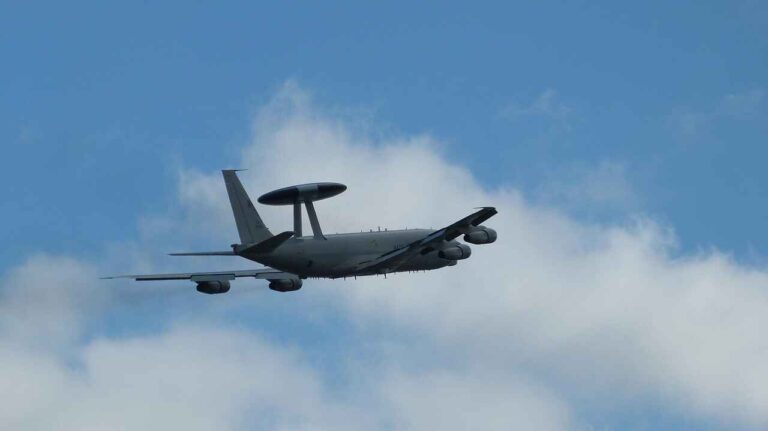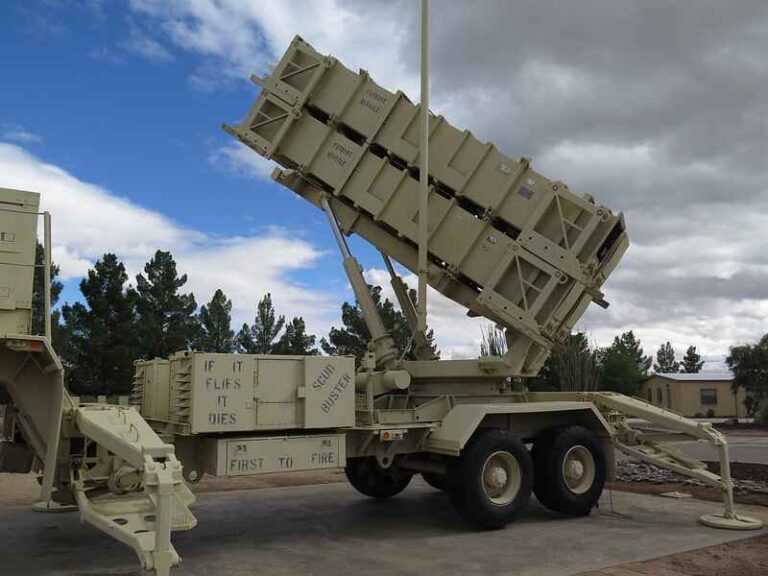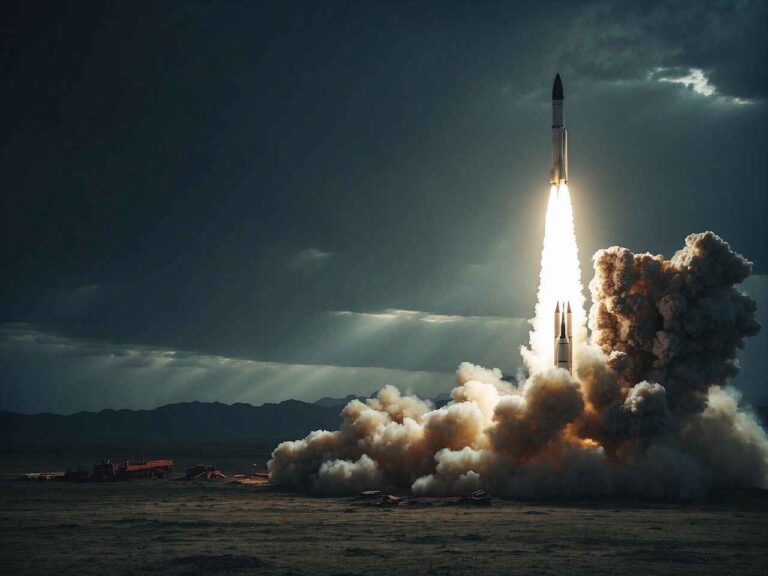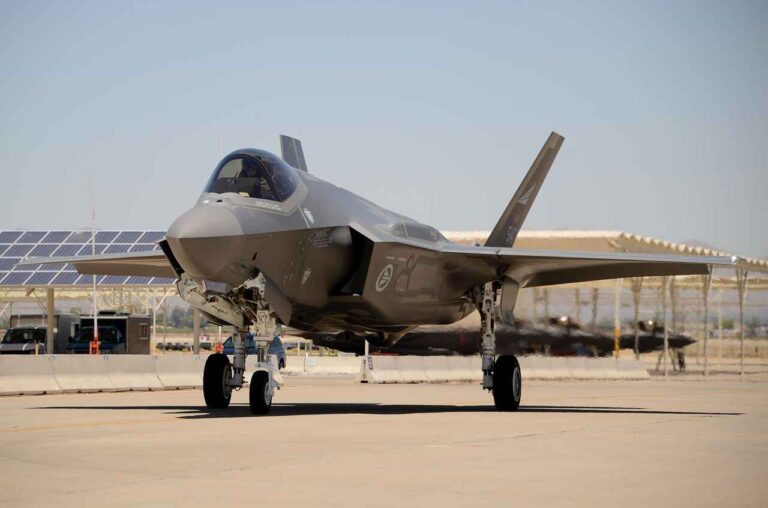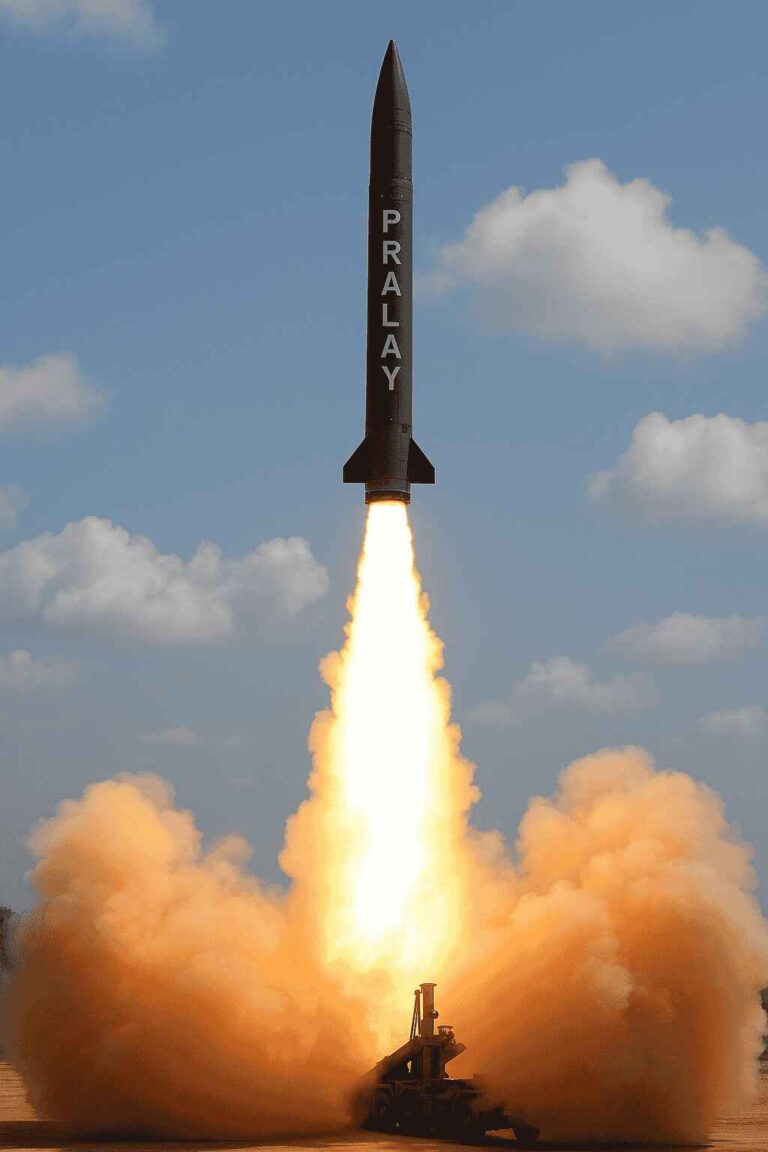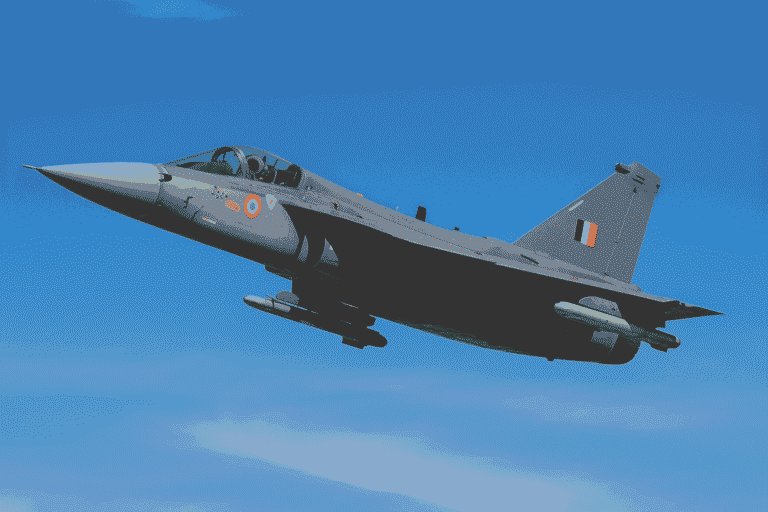Sunday, 20 July, 2025
In response to escalating regional tensions and ongoing military operations, the Israeli government has announced a substantial increase to its defense budget. The Finance and Defense Ministries have confirmed that an additional 42 billion shekels (approximately USD 12.5 billion) will be allocated during the fiscal years 2025 and 2026. This increase represents one of the largest budgetary enhancements in recent history, aimed at replenishing resources that have been significantly depleted due to extended operations in Gaza, northern Israel, and Iran, while also bolstering preparedness against potential future threats.
Currently, defense expenditure is approximately 110 billion shekels, accounting for roughly 9% of Israel’s GDP. This allocation surpasses that of many NATO allies and underscores the urgency of the nation’s security situation.
The recent series of intense military confrontations has placed extraordinary demands on Israel’s defense capabilities. Since the Hamas attacks on October 7, 2023, the Israeli Defense Forces (IDF) have been engaged in sustained operations in Gaza, following the initial terrorist assault. This situation has been further complicated by repeated missile attacks from Hezbollah in Lebanon, Houthis in Yemen, as well as a brief but intense air conflict with Iran in June 2025.
The scale and duration of these military engagements have stretched Israel’s missile defense systems to their limits. For instance, the Arrow system has been tasked with intercepting incoming threats almost daily for nearly two years. The cumulative military activity has led to a significant reduction in stockpiles of both weapons and ammunition, necessitating this urgent fiscal adjustment.
Among the contracts already finalized is an agreement with Israel Aerospace Industries (IAI) to expedite the production of Arrow interceptors, which have demonstrated effectiveness in preventing substantial casualties and mitigating economic damage during recent missile strikes. Additionally, a $20 million contract has been established with Israel Weapon Industries (IWI) to procure advanced machine guns, thereby enhancing the IDF’s ground combat capabilities.
Defense Minister Israel Katz has characterized this budget expansion as essential for addressing adversaries who have explicitly declared their intent to undermine Israel’s security, emphasizing the need for superior military, technological, and operational capabilities.
The 2025 state budget, approved in March, amounts to 756 billion shekels, distributed among all government ministries. The Defense Ministry accounts for 110 billion shekels of this allocation, highlighting its critical strategic priority. This figure represents nearly 4.9% of GDP, reflecting both ongoing wartime exigencies and broader economic challenges.
According to data from the Stockholm International Peace Research Institute (SIPRI), Israel’s military spending in 2024 increased by 65%, reaching approximately $46.5 billion—the highest growth rate since the 1967 Arab-Israeli War.
While the substantial increase in defense spending reflects Israel’s commitment to maintaining a strong military posture, it has also imposed challenges on the country’s fiscal and economic infrastructure. Analysts caution that elevated defense spending may overshadow essential civilian budget priorities such as education, healthcare, infrastructure, and social welfare. Yali Rothenberg, Israel’s Accountant-General, has underscored the necessity for fiscal restraint, recommending that the 2026 deficit be limited to 4% of GDP to ensure sustainable growth.
Despite the disruptions caused by the ongoing conflict, Israel’s economic resilience remains robust. In the first quarter of 2025, GDP growth reached 3.4%, driven by significant investments and export gains, although consumer spending has seen a decline and labor force participation has been impacted by the mobilization of reserves.
Moreover, the war is projected to incur long-term economic costs. Estimates indicate that from 2023 to 2025, Israel could face up to $55 billion in war-related economic losses, with the total impact potentially rising to $400 billion over the next decade.
Israel’s increased defense budget represents a pragmatic response to an increasingly volatile security landscape. Funding priorities will encompass missile defense, ground weaponry, and logistical support, while also facilitating the development of advanced future weapons systems, including drones and AI-enhanced technologies.
These investment strategies align with broader trends within NATO, as member states have agreed to elevate military spending to 5% of GDP by 2035, as outlined in the Hague Investment Plan. Israel’s current expenditure places it among a select group of nations nearing this benchmark.
Defense contractors are also experiencing heightened demand as a result of these developments. Notably, Elbit Systems reported a significant increase in profits and a backlog of $23.1 billion in international orders as countries worldwide seek advanced munitions and drone capabilities. Israeli start-ups, including those focused on drone technology, are garnering interest from both U.S. and European investors looking for established defense solutions.
The decision to allocate an additional 42 billion shekels to Israel’s defense budget for the years 2025–2026 underscores a pressing national imperative to maintain military readiness amid multi-front confrontations. This funding initiative aims to ensure the continued security and stability of the nation.



